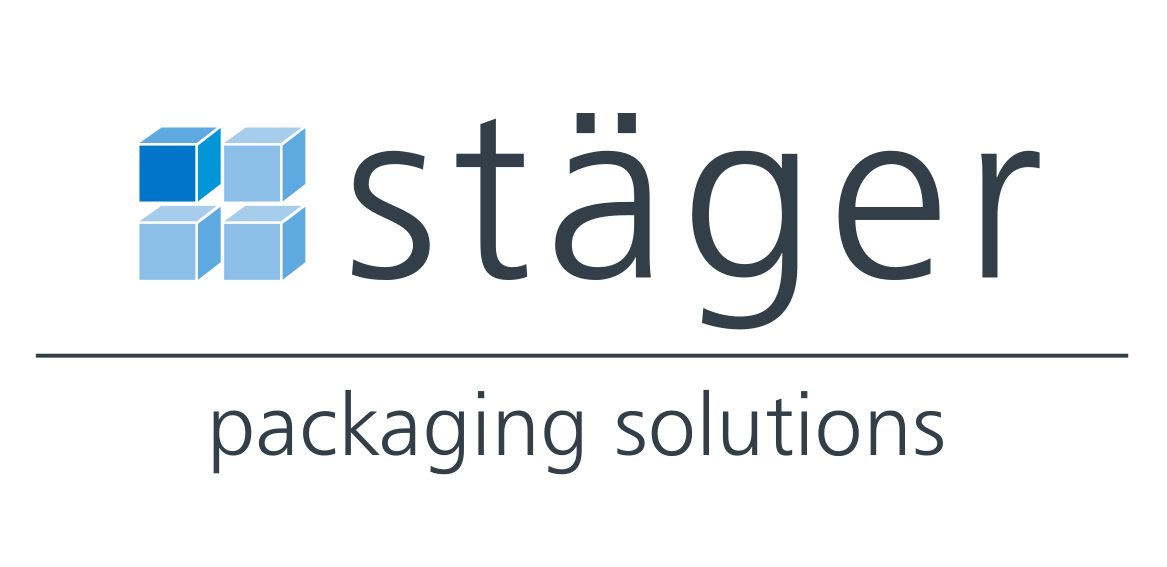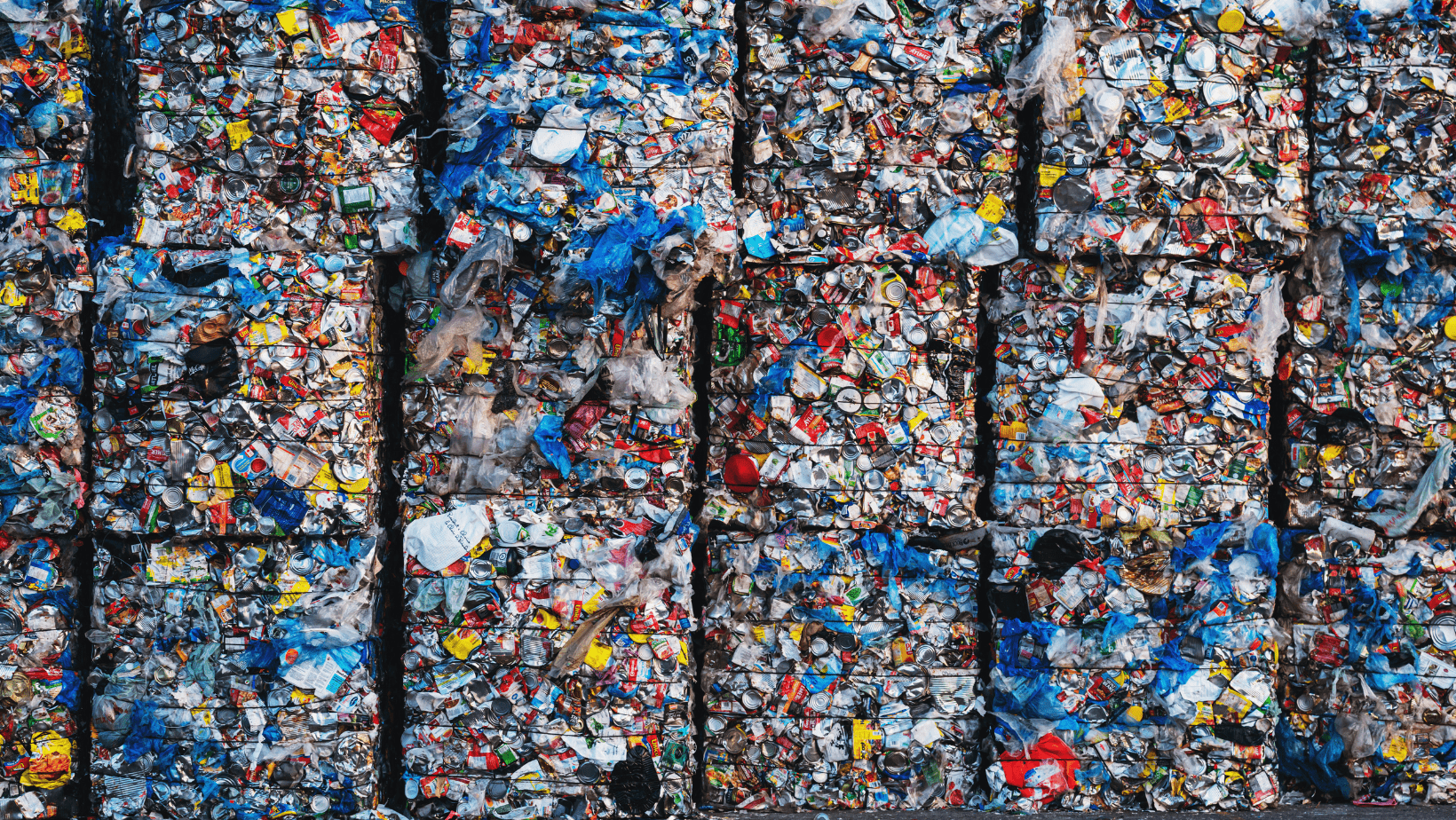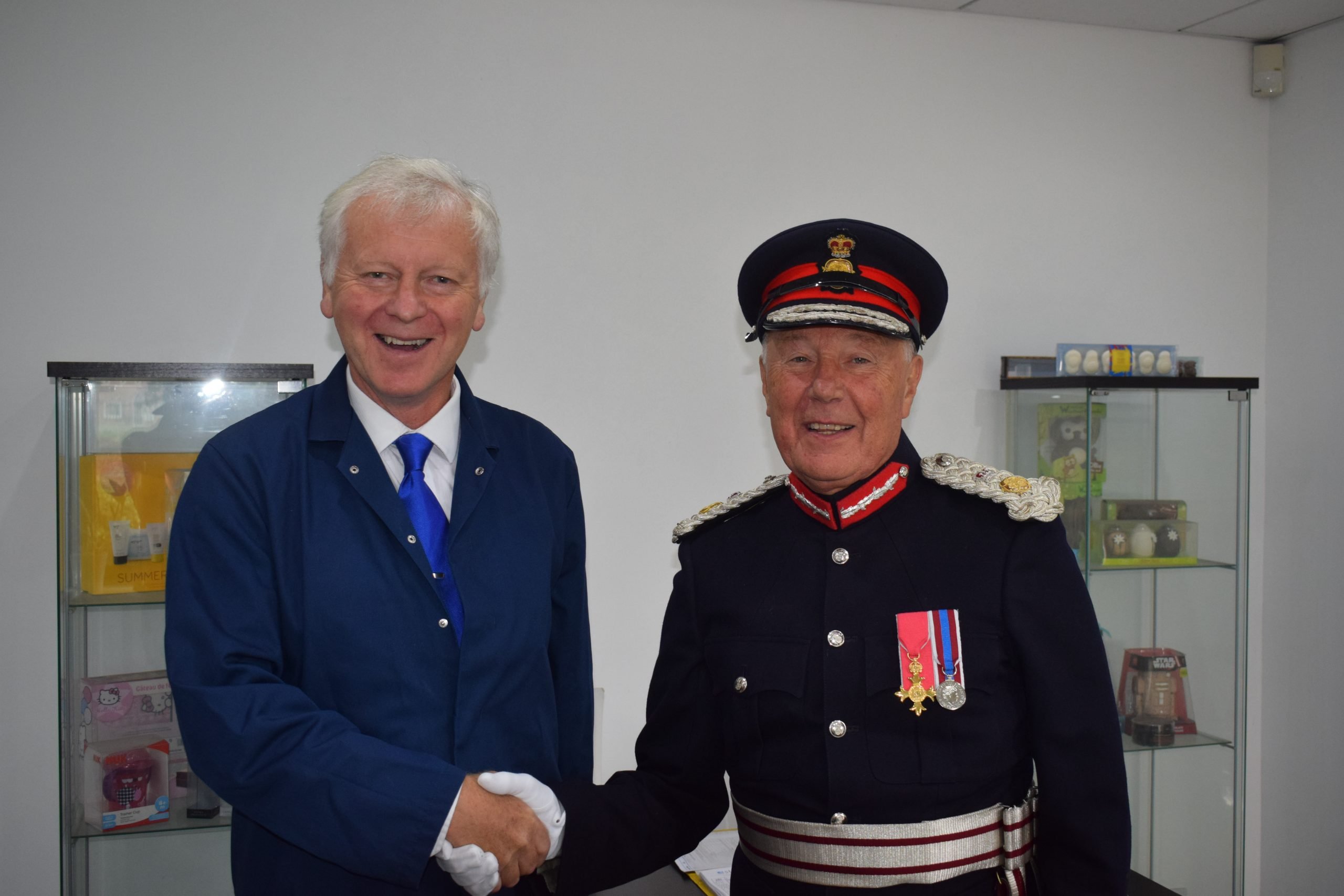Recycled plastic packaging matters. Good packaging recycling is important. Not just companies reducing plastic waste but all of us can make a big difference to the quality and sustainability of the packaging we use every day. But how and why? What’s the waste plastic recycling process here, and how can we prevent all those pictures of plastics floating in the seas? Grab yourself a drink: we can help with answers.
Ever since our present MD, Ian Jamie, first established Staeger UK as Clear Packaging back in 1999, our mission has been to produce the highest quality transparent plastic packaging possible. As the market changes, so too does our notion of what ‘quality’ entails. Today, it undeniably must involve a high quotient of recycled plastic.
Indeed, for the last few years, Staeger has placed increasing importance on recycled plastic packaging and its position in our product line-up. We were the first company in the world to extrude polyethylene terephthalate (PET), and were leaders in the development of box-grade PET. As a result of our long-standing involvement in PET, we are particularly interested in, and a leading provider of, recycled PET (rPET).
We produce packaging for Easter eggs and cosmetics, food packages of all sorts and more besides. We’re so prominent a producer of these products that we’re pretty sure most people in the UK will have opened one of our boxes. Part of this success is what we see as our responsibility to improve the sustainability of our industry. This is something that has always been at the heart of our work and today we are committed to sourcing British-based PET for our recycled plastic packaging wherever possible.
In 2019, over 60% of plastic waste was exported and in turn our rPET was brought back in from Europe. This seemed not only unnecessary but also, given all those air miles, a little self-defeating. Staeger has therefore made it our mission to encourage use of domestically sourced food-grade rPET.
What Is rPET? The Waste Plastic Packaging Process
PET is a type of highly versatile plastic and Staeger has pioneered its use in food-grade applications. We did so at the urging of Marks & Spencer initially, but since then have become very widespread providers of PET boxes for all sorts of applications and clients.
The PET that goes into our recycled plastic packaging products comes from bottle waste collected from households, and then sorted and super-cleaned. This is a virtuous circle: PET from water bottles becomes rPET for new water bottles. The process prevents plastic waste and creates new plastic without burning more oil.
PET is the polymer of choice for the recycling industry because, thanks in part to the innovations Staeger itself pioneered, it is readily available in the form of bottles. We utilise it for our recycled plastic box packaging, too. In other words, it is multi-purpose, ethical and locally sourced.
Why Use rPET? Companies Reducing Plastic Waste
We don’t want to age him, but when our MD Ian began his life in plastics, acetate was most widely used. It was an expensive material, however, and was eventually replaced with a cheaper one, PVC. The issue with PVC, however, is that it was really not environmentally friendly; many of the chemicals used in its production are now outlawed. We moved to PET in 2002 and to rPET in 2004, again in partnership with M&S. This required a lot of investment and some challenges, but it was the right thing to do.
First and foremost, plastic waste is a serious danger to the planet. Anyone who watched David Attenborough’s Blue Planet II will vividly remember those shots of plastic floating in what should be beautiful waters. That was a big moment for Staeger and preventing plastic waste in our seas remains a crucial mission of plastic manufacturers, Staeger most especially. As well as focusing on using British plastic waste, we also take waste collected from ocean shores in developing countries providing not just a source of recycled materials for British consumers, but a sustainable source of income for vulnerable communities.
This is why we now partner with the Prevented Ocean Plastic initiative: because our goal must be to collect plastic before it ends up in the sea. Once plastic hits sea water, it becomes far more difficult to recycle. We want to help avoid clean-ups and enable ever higher ratios of recycled to new plastics in our products and those of other companies. Some of the plastic that finds itself on shores in other countries, in sea water in other hemispheres, is British in origin. We should all help stop this.
Solutions Closer to Home
Much of the plastic currently collected from households in the UK is sent abroad for processing and, as investigations such as Hugh Fearnley-Whittingstall’s have made clear, that plastic is not always recycled. Instead, it can end up in landfill, or worse, actually dumped in waterways. There’s no need for this. Just take a look at our Recycled Plastic Packaging pages: we produce all sorts of products from rPET, and we need a lot of it! So recycling really can make a huge difference.
This means that at Staeger we believe in solving the recycled plastic packaging conundrum as close to home as possible. Clear your local verge of packaging, clean your household bottles before returning them (otherwise they are dirty at the recycling plant). And, if you’re in plastics like we are, focus on sourcing British-recycled plastics: let’s work together to be sure recycling is working.
We should be aware of the various plastics at work in the world. For example, when plastic is used for a car bumper this will certainly get 100% recycled because of the way a car is disposed of. But a water bottle? That can end up anywhere – thrown by the wayside, put in general rubbish, chucked into the sea. This places requirements on all of us to help.
The Good News: Prevented Ocean Plastic
There is hope! Individually and collectively, by washing our bottles at home, and by companies reducing plastic waste by joining fantastic initiatives like Prevented Ocean Plastic, we can have a real impact on how much plastic is collected and therefore recycled. That means more products will be boxed in more recycled plastic packaging. Everyone will be a winner, most especially the planet.
There are also innovations in the near future of the waste plastic recycling process, for example, chemical recycling (pyrolysis plants) which could be a powerful part of the way forwards, by turning difficult-to-recycle multi-layer or contaminated plastic back into oil. This will require more of the sort of innovation and investment which Staeger has been involved in for more than two decades now and for which it has won awards, but it is worthwhile.
None of this is abstract: because we use so much British rPET, during the height of the COVID-19 pandemic we were able rapidly to produce transparent PPE for use when it was most needed. Likewise, we’re now investigating ways to help the NHS recycle more. These are huge achievements for Staeger, of course, but also for the plastics community more widely, and all of us in general. Plastic is not the problem; plastic waste is. And the solution? More and more sustainable, recycled plastic packaging.


